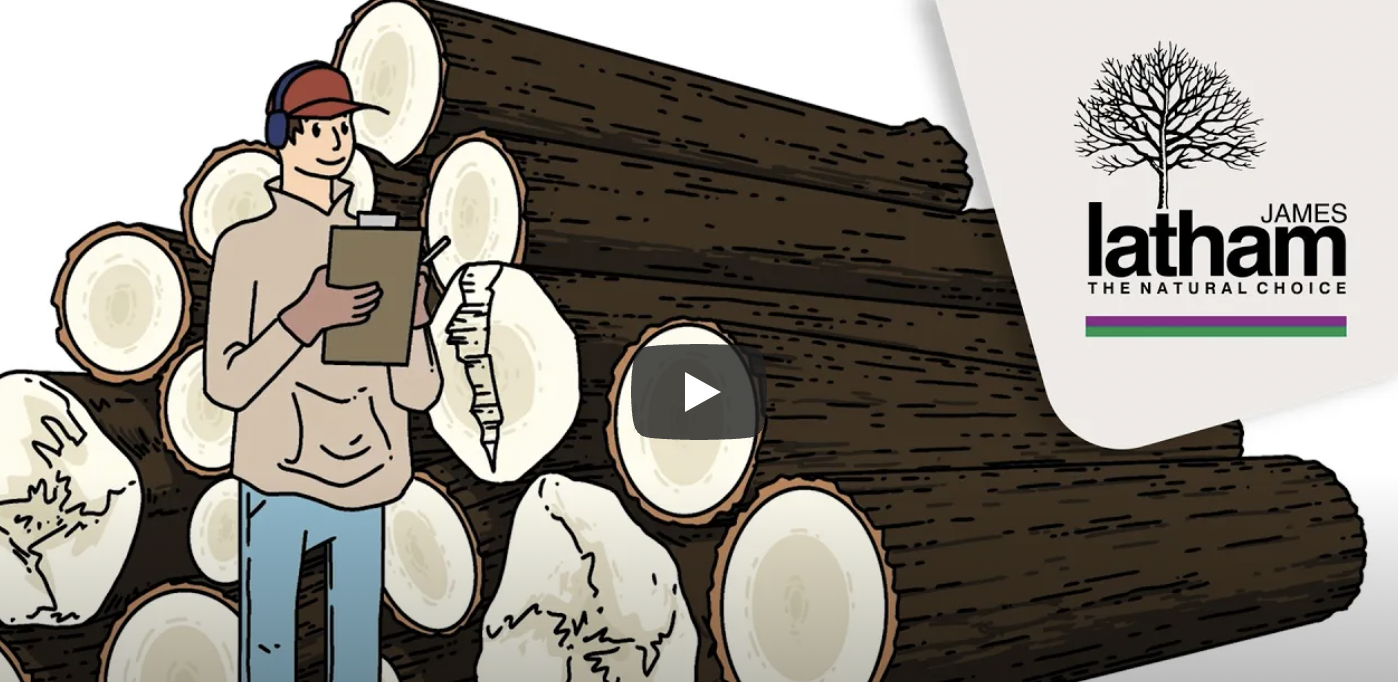Largest investment in the company’s history
In its largest investment in the company’s history, German kitchen furniture manufacturer Hacker has purchased two plots of land to build new factories on the site to expand its production capacities to meet the level required for the coming decades.
It has acquired a 165,000sqft plot positioned in Hansastrasse, eastern Westphalia, between the company’s current main site and the A30 and a 215,000sq ft plot in the Osnabruck district.
Hacker currently has four factories and offices, with the main production site in Rodinghausen currently producing more than 900 kitchens a day.
Sponsored Video
The company generated a turnover of Euro 512million last year, which over the past two years has grown by 100million, and increased its workforce by 300 employees.
This has led to investments into production and offices, with the final construction phase of an extension to the office and showroom building making the premises 260,000sqm. On completion this will be used to capacity.
Owner and CEO of Hacker Kitchens Jochen Finkemeier said: “We have already done extremely well over the past few years and considerably better than the market average. This has been possible only due to regular capacity expansion. We have some of the most state-of-the-art production facilities for kitchen furniture at our main site in Rodinghausen; however once the current construction works have been completed, we will have used the last of the space available for extensions.”
The Osnabruck plot is classified as commercial land and Hacker Kitchens is set to draw up plans in the next couple of months. However, the Hansastrasse plot is classified as agricultural land and an application needs to be submitted for a change in land use and it is unknown whether it will be successful.
Jochen Finkemeier commented: “We are confident in the medium term, we will be able to construct new factories on both plots. The current plans include a kitchen furniture production facility and a new prefabrication factory. In both of these areas, we expect the production volumes to significantly increase over the next few years. We cannot meet these volumes simply through work process optimisation at the current Rodinghausen site.”



